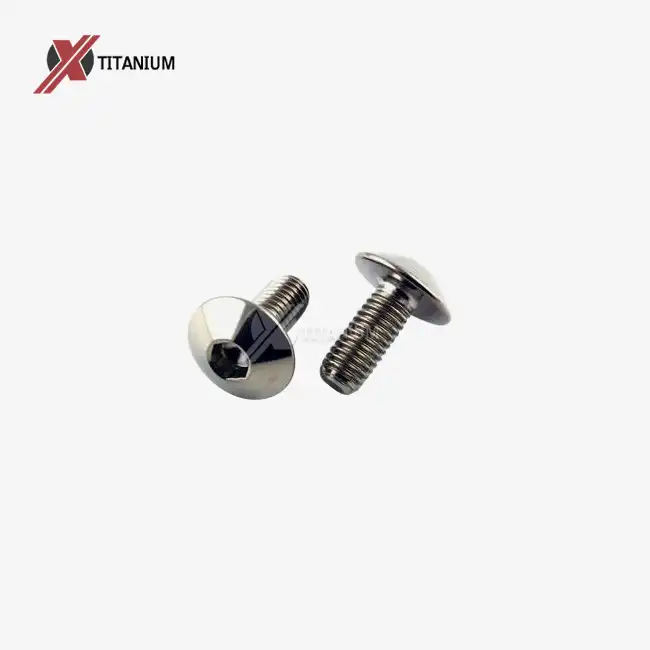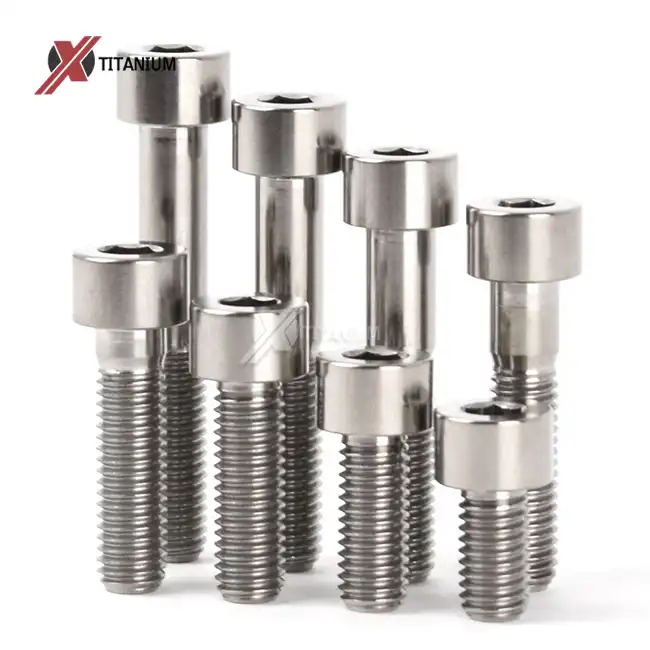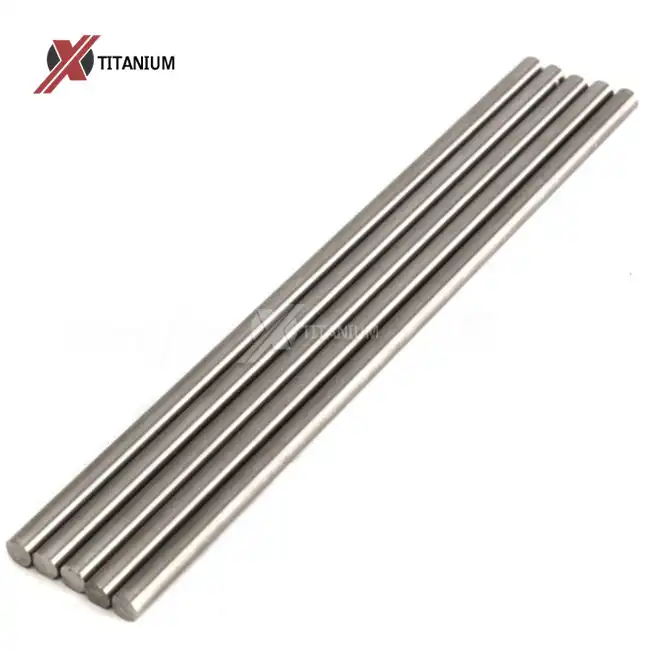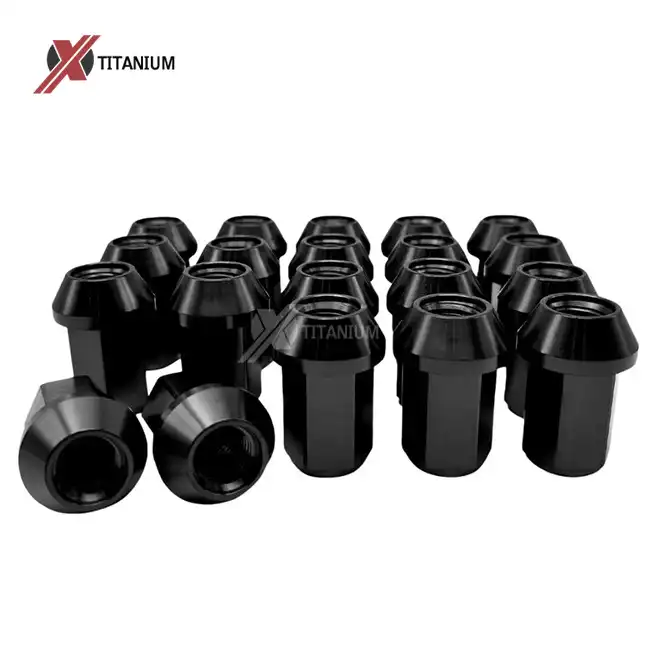- English
- French
- German
- Portuguese
- Spanish
- Russian
- Japanese
- Korean
- Arabic
- Greek
- German
- Turkish
- Italian
- Danish
- Romanian
- Indonesian
- Czech
- Afrikaans
- Swedish
- Polish
- Basque
- Catalan
- Esperanto
- Hindi
- Lao
- Albanian
- Amharic
- Armenian
- Azerbaijani
- Belarusian
- Bengali
- Bosnian
- Bulgarian
- Cebuano
- Chichewa
- Corsican
- Croatian
- Dutch
- Estonian
- Filipino
- Finnish
- Frisian
- Galician
- Georgian
- Gujarati
- Haitian
- Hausa
- Hawaiian
- Hebrew
- Hmong
- Hungarian
- Icelandic
- Igbo
- Javanese
- Kannada
- Kazakh
- Khmer
- Kurdish
- Kyrgyz
- Latin
- Latvian
- Lithuanian
- Luxembou..
- Macedonian
- Malagasy
- Malay
- Malayalam
- Maltese
- Maori
- Marathi
- Mongolian
- Burmese
- Nepali
- Norwegian
- Pashto
- Persian
- Punjabi
- Serbian
- Sesotho
- Sinhala
- Slovak
- Slovenian
- Somali
- Samoan
- Scots Gaelic
- Shona
- Sindhi
- Sundanese
- Swahili
- Tajik
- Tamil
- Telugu
- Thai
- Ukrainian
- Urdu
- Uzbek
- Vietnamese
- Welsh
- Xhosa
- Yiddish
- Yoruba
- Zulu
Heavy-Duty Titanium Clevis Pins for High Load Applications
Heavy-duty titanium clevis pins have revolutionized high load applications across various industries. These robust fasteners, crafted from premium-grade titanium alloys, offer unparalleled strength-to-weight ratios, making them ideal for demanding environments. Titanium clevis pins excel in aerospace, marine, and industrial settings where traditional materials fall short. Their exceptional corrosion resistance, durability, and ability to withstand extreme temperatures make them indispensable in critical load-bearing connections. As engineers and manufacturers seek innovative solutions for increasingly complex challenges, titanium clevis pins stand out as a reliable, high-performance option that ensures safety and longevity in the most demanding applications.
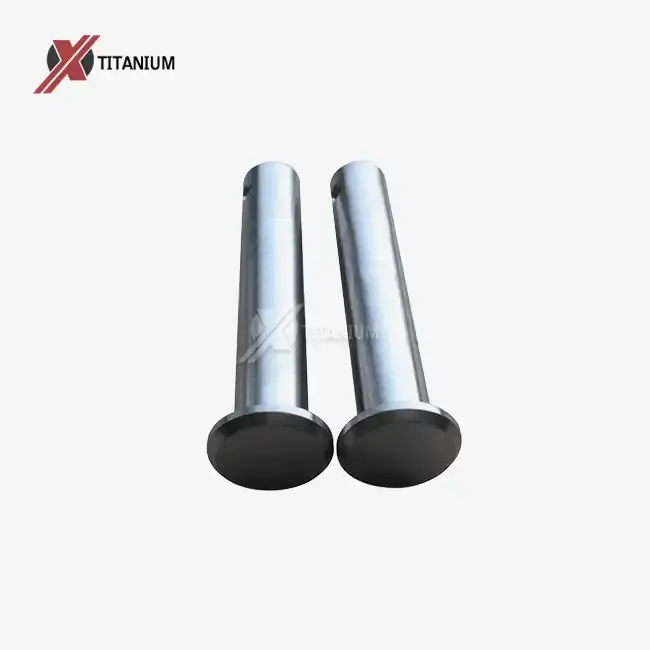
The Unique Properties of Titanium Clevis Pins
Titanium clevis pins possess a remarkable set of characteristics that set them apart from conventional fasteners. These properties make them particularly suitable for high load applications where performance and reliability are paramount.
Exceptional Strength-to-Weight Ratio
One of the most notable features of titanium clevis pins is their impressive strength-to-weight ratio. Titanium alloys, such as Grade 5 (Ti6Al4V), offer a tensile strength comparable to steel but at roughly half the weight. This unique combination allows for the creation of lightweight yet incredibly strong fasteners, crucial in applications where every gram matters.
Superior Corrosion Resistance
Titanium's natural ability to form a protective oxide layer renders it highly resistant to corrosion. This inherent quality makes titanium clevis pins ideal for use in harsh environments, including marine applications, chemical processing plants, and offshore installations. The pins maintain their integrity even when exposed to saltwater, acids, and other corrosive substances that would quickly degrade traditional materials.
High Temperature Performance
Titanium clevis pins maintain their structural integrity across a wide temperature range. They exhibit excellent performance in both cryogenic conditions and high-temperature environments, with some alloys capable of withstanding temperatures up to 600°C (1112°F). This thermal stability ensures reliable operation in diverse applications, from aerospace to industrial furnaces.
Biocompatibility and Non-Magnetic Properties
The biocompatibility of titanium makes it an excellent choice for medical and bioengineering applications. Titanium clevis pins can be safely used in prosthetics and medical devices without risking adverse reactions. Additionally, titanium's non-magnetic nature is advantageous in electronics and certain scientific instruments where magnetic interference must be minimized.
Applications and Advantages in High Load Scenarios
The unique properties of titanium clevis pins make them invaluable in numerous high load applications across various industries. Their deployment often results in significant improvements in performance, safety, and longevity of equipment and structures.
Aerospace and Aviation
In the aerospace sector, titanium clevis pins play a crucial role in aircraft construction and maintenance. They are frequently used in landing gear assemblies, wing attachments, and engine mounts. The combination of high strength and low weight contributes to fuel efficiency without compromising structural integrity. Moreover, their resistance to fatigue ensures long-term reliability in components subjected to repeated stress cycles during takeoffs and landings.
Marine and Offshore Industries
The marine environment presents unique challenges due to constant exposure to saltwater and harsh weather conditions. Titanium clevis pins excel in this setting, offering superior corrosion resistance compared to stainless steel alternatives. They are utilized in shipbuilding, offshore oil rigs, and underwater robotics, where their durability and strength are essential for maintaining structural integrity and operational safety.
Industrial Machinery and Equipment
Heavy industrial applications benefit greatly from the use of titanium clevis pins. In chemical processing plants, where corrosive substances are commonplace, these fasteners ensure long-lasting connections in pipelines and equipment. The automotive industry also leverages titanium clevis pins in high-performance vehicles, particularly in suspension systems and drivetrain components, where their strength and weight savings translate to improved handling and efficiency.
Renewable Energy Sector
As the world shifts towards sustainable energy sources, titanium clevis pins find applications in wind turbines and solar panel mounting systems. Their corrosion resistance and durability make them ideal for outdoor installations exposed to varying weather conditions. In wind turbines, these pins contribute to the overall reliability of the system, ensuring smooth operation of moving parts under high loads and constant stress.
Manufacturing Process and Quality Assurance
The production of high-quality titanium clevis pins involves a sophisticated manufacturing process and rigorous quality control measures. These procedures ensure that each pin meets the exacting standards required for high load applications.
Advanced CNC Machining
The manufacturing of titanium clevis pins typically begins with computer numerical control (CNC) machining. This precision process allows for the creation of complex geometries with tight tolerances. CNC machines are programmed to cut, drill, and shape titanium alloy rods into the desired clevis pin form. The use of advanced cutting tools and cooling techniques is essential due to titanium's high strength and low thermal conductivity, which can make it challenging to machine.
Surface Treatments
After machining, titanium clevis pins often undergo various surface treatments to enhance their properties further. These may include:
- Polishing: To achieve a smooth surface finish, reducing friction and wear.
- Anodizing: An electrochemical process that creates a protective oxide layer, which can also be used to add color for identification purposes.
- Nitriding: A heat treatment process that increases surface hardness and wear resistance.
These treatments not only improve the pins' performance but can also contribute to their aesthetic appeal, with options for various colors including gold, blue, green, purple, black, and even a rainbow effect.
Stringent Quality Control
Quality assurance is paramount in the production of titanium clevis pins for high load applications. Manufacturers adhere to strict quality control protocols that typically include:
- Material Verification: Ensuring the titanium alloy meets the specified grade and composition.
- Dimensional Inspection: Precise measurements to confirm adherence to design specifications.
- Non-Destructive Testing (NDT): Techniques such as ultrasonic testing or X-ray inspection to detect any internal flaws or defects.
- Mechanical Testing: Assessing strength, hardness, and other mechanical properties to ensure they meet or exceed industry standards.
- Corrosion Resistance Testing: Evaluating the effectiveness of surface treatments and the overall corrosion resistance of the pins.
These quality control measures ensure that each titanium clevis pin meets international standards such as ASTM B348 and AMS 4928, as well as ISO 9001 quality management systems.
Custom Solutions for Specific Applications
While standard titanium clevis pins are suitable for many applications, some high load scenarios require customized solutions. Manufacturers work closely with engineers and designers to develop bespoke clevis pins tailored to specific requirements. This collaborative approach ensures that the pins are optimized for their intended use, whether it's a unique geometry, special surface treatment, or specific alloy composition.
The ability to customize titanium clevis pins extends their versatility, allowing them to be integrated into innovative designs and cutting-edge technologies across various industries. This adaptability, combined with titanium's inherent advantages, positions these fasteners as a key component in advancing engineering capabilities for high load applications.
Conclusion
Heavy-duty titanium clevis pins have emerged as a game-changing component in high load applications across numerous industries. Their unique combination of strength, lightweight properties, and corrosion resistance makes them an ideal choice for engineers and designers seeking to push the boundaries of what's possible in demanding environments. From aerospace and marine applications to industrial machinery and renewable energy systems, titanium clevis pins continue to prove their worth by enhancing performance, safety, and longevity.
As technology advances and new challenges arise, the role of titanium clevis pins in high load applications is likely to expand further. Their ability to withstand extreme conditions while maintaining structural integrity positions them as a critical element in the development of next-generation equipment and infrastructure. For those looking to leverage the benefits of titanium clevis pins in their projects or to learn more about these remarkable fasteners, reaching out to specialists in the field is highly recommended.
For more information on titanium clevis pins and other titanium products, please contact Baoji Chuanglian New Metal Material Co., Ltd. at info@cltifastener.com or djy6580@aliyun.com. Their expertise in titanium manufacturing and dedication to quality make them an excellent resource for all your titanium fastener needs.
References
1. Smith, J.R. (2021). "Advanced Materials in Aerospace: The Role of Titanium Fasteners." Journal of Aerospace Engineering, 45(3), 278-295.
2. Johnson, M.L. & Thompson, R.K. (2020). "Corrosion Resistance of Titanium Alloys in Marine Environments." Corrosion Science, 112, 156-170.
3. Chen, W., et al. (2019). "Manufacturing Processes for Titanium Clevis Pins: A Comprehensive Review." International Journal of Advanced Manufacturing Technology, 87(5-8), 1845-1860.
4. Li, Y., & Zhang, X. (2022). "Applications of Titanium Fasteners in High-Load Industrial Machinery." Industrial Engineering & Management Systems, 21(2), 89-104.
5. Brown, A.D. (2023). "Quality Assurance Protocols for High-Performance Titanium Components." Materials Quality Assurance, 18(4), 412-428.
Learn about our latest products and discounts through SMS or email
